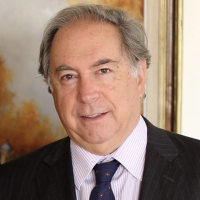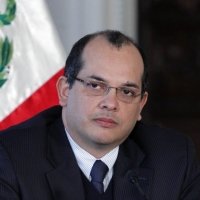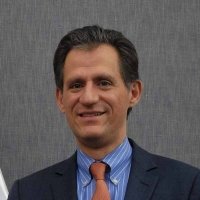Next Steps in Pacific Alliance Integration
In the shadow of the British vote to leave the European Union and rising protectionist sentiment in the United States, the four presidents of the Pacific Alliance—Chile, Colombia, Mexico, and Peru—met last week in southern Chile to reaffirm their commitment to open markets, free trade, and integration. Notably, Argentine President Mauricio Macri attended the summit, indicating not only the sharp turn of his government in areas of international economic policy but also the interest of Chile, which took over the Alliance presidency, in building bridges to Mercosur. Beyond aspirations and issues of branding, what have been the concrete achievements of the Pacific Alliance? How probable is it that members will be able to pursue deeper financial integration, a goal set forth at last week’s meeting? What are the real possibilities of greater convergence between the Pacific Alliance and Mercosur and how do Brazil’s economic and political difficulties affect that effort?
Speakers




Moderator

Panelists
Hosted By

Latin America Program
The Wilson Center’s prestigious Latin America Program provides non-partisan expertise to a broad community of decision makers in the United States and Latin America on critical policy issues facing the Hemisphere. The Program provides insightful and actionable research for policymakers, private sector leaders, journalists, and public intellectuals in the United States and Latin America. To bridge the gap between scholarship and policy action, it fosters new inquiry, sponsors high-level public and private meetings among multiple stakeholders, and explores policy options to improve outcomes for citizens throughout the Americas. Drawing on the Wilson Center’s strength as the nation’s key non-partisan policy forum, the Program serves as a trusted source of analysis and a vital point of contact between the worlds of scholarship and action. Read more
